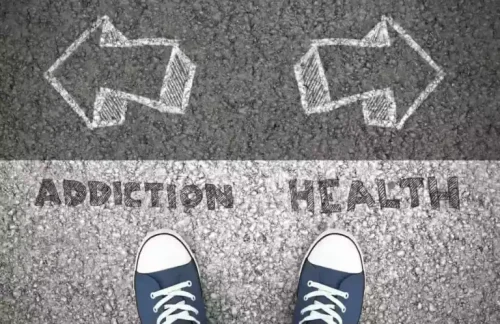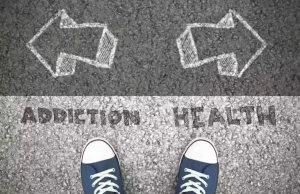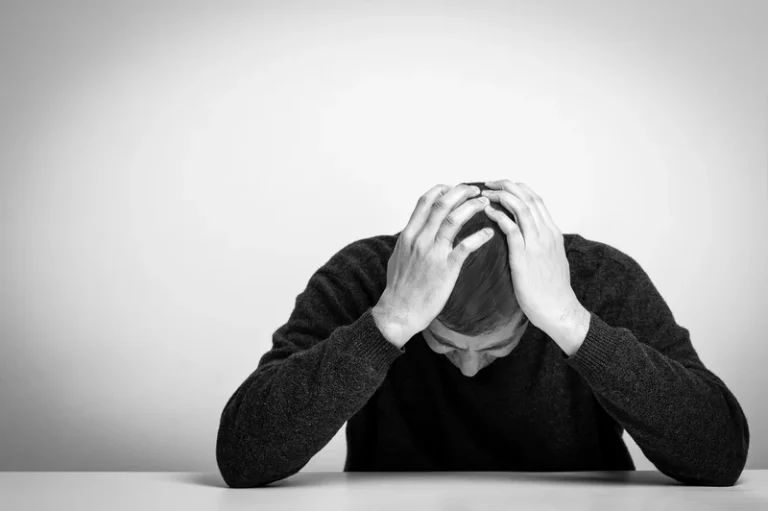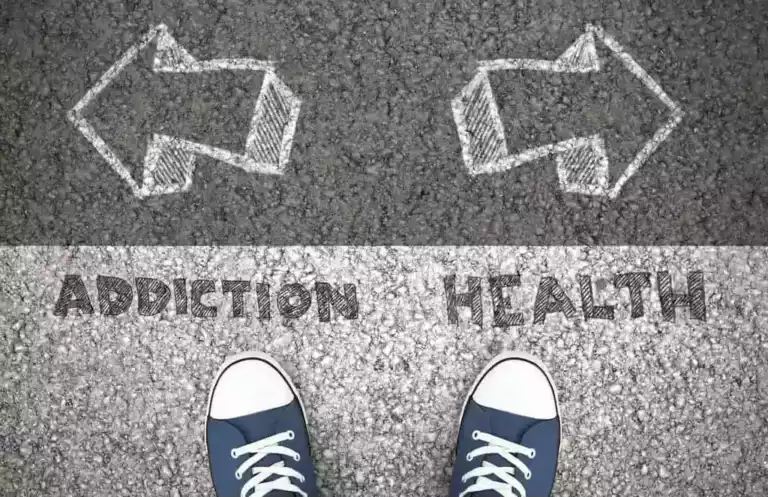
He specialized in treating patients with a history of depression, anxiety, trauma, and substance use disorders. “Hangxiety” describes the regret, worry, and levels of anxiety felt after a night of heavy drinking. While the term may be informal, the science isn’t—there’s plenty of data to Halfway house explain this experience. If your panic attacks are alcohol-related, you should also re-examine your drinking patterns and consider cutting down on your drinking. Because alcohol affects GABA, an inhibiting neurotransmitter in the brain, it does make a person feel calmer at first. However, when the alcohol wears off, GABA levels decrease, triggering an anxious, exaggerated, and overstimulated state.
What is ERP and When is it Most Effective?
- This feels like intense tightness, and the sensation is similar to a muscle cramp.
- They can provide a proper diagnosis if needed, which can bring clarity and help you find the right treatment options.
- This substance acts as a depressant, slowing down the central nervous system and making you feel less inhibited in a variety of settings.
- Alcohol can also make anxiety worse because it affects the levels of other mood-influencing chemicals like serotonin.
Sleep deprivation is harmful to both physical health https://ecosoberhouse.com/ and mental health. “Lack of sleep can heighten anxiety levels and increase the likelihood of panic attacks,” Oeswein says. She adds that alcohol can cause sleep disturbances, which is another reason it may contribute to anxiety symptoms. Discover how alcohol and anxiety may be interlinked, including why panic attacks and anxiety symptoms may occur after drinking alcohol. Alcohol-induced panic attacks are scary and you might feel like cutting down on your drinking. If the alcohol panic attack is hangover related, that is a warning sign as well.
Recognizing the Symptoms of Alcohol-Induced Panic Attacks

If you’ve ever stopped drinking after a period of heavy use, you might have experienced withdrawal. This happens because your brain has become used to the presence of alcohol. When you stop, your nervous system goes into overdrive, which can set off panic attacks and other alcohol induced panic attack unpleasant symptoms. It’s crucial to gain a proper understanding of how the sympathetic nervous system can sometimes activate false alarms, triggering symptoms of a panic attack. By obtaining clinical knowledge about your anxiety symptoms, you can help manage the intensity and abort any misguided ideas that your body is in danger.

How Alcohol Can Trigger Panic Attacks

Panic attacks affect 20-40% of individuals with alcohol-induced anxiety disorder. These sudden episodes of intense fear or discomfort are often accompanied by physical symptoms like chest pain, shortness of breath, and dizziness. Alcohol-induced panic attacks are typically triggered by the body’s heightened anxiety response during withdrawal. Individuals with pre-existing anxiety disorders may be more prone to panic attacks.
For every drink you have, you urinate as much as 50% to 100% more water, and this water is taken from other parts of the body. A treatment center will attempt to verify your health insurance benefits and/or necessary authorizations on your behalf. Please note, this is only a quote of benefits and/or authorization. We cannot guarantee payment or verification eligibility as conveyed by your health insurance provider will be accurate and complete.
Anxiety during pregnancy: Is it normal?
When you experience alcohol-induced panic attacks, this cycle can become even more frightening and potentially result in a long-term panic disorder. It is not recommended to use alcohol as a coping mechanism to avoid panic attacks and feelings of anxiety, as this can make the initial problem worse in the long term. However, evidence shows that there is a direct link between alcohol and panic attacks.
- Sleep disturbances are common, including trouble falling asleep or staying asleep throughout the night.
- Kapp et al. (2019) showed that 80% of people diagnosed with Autism Spectrum Disorder (ASD)…
- Many people experience what are called “alcohol-induced panic attacks.” It’s more common than you might think, and it’s important to understand why it happens and what you can do about it.
- There is also evidence that chronic alcohol misuse can lead to lasting anxiety, even after a person becomes sober.
- GAD can be triggered by various factors, including genetics, environment, and life experiences, making it a complex condition to manage.
- A balanced diet helps regulate mood and anxiety levels when consuming alcohol.
- As individuals continue to use alcohol to cope with anxiety, they may develop tolerance.
- Increased alcohol consumption to self-medicate anxiety can create a harmful cycle, worsening symptoms over time.
Tremors are involuntary muscle movements, often affecting the hands but can also occur in other parts of the body. This symptom is most common during alcohol withdrawal, as the nervous system becomes hyperactive in response to the sudden absence of alcohol. Trembling can be particularly distressing and may worsen anxiety. Nervousness affects 60-80% of individuals with alcohol-induced anxiety disorder.

Because of this, a person will hold on to fear-inducing associations longer and will have a harder time recovering from trauma. Experiencing a panic attack after drinking doesn’t automatically mean you have an anxiety disorder. However, it could be a sign that you’re more sensitive to alcohol’s effects on your nervous system. If you’re worried about alcohol and anxiety, it’s always a good idea to talk to a doctor or therapist.

 English
English
Bài viết liên quan